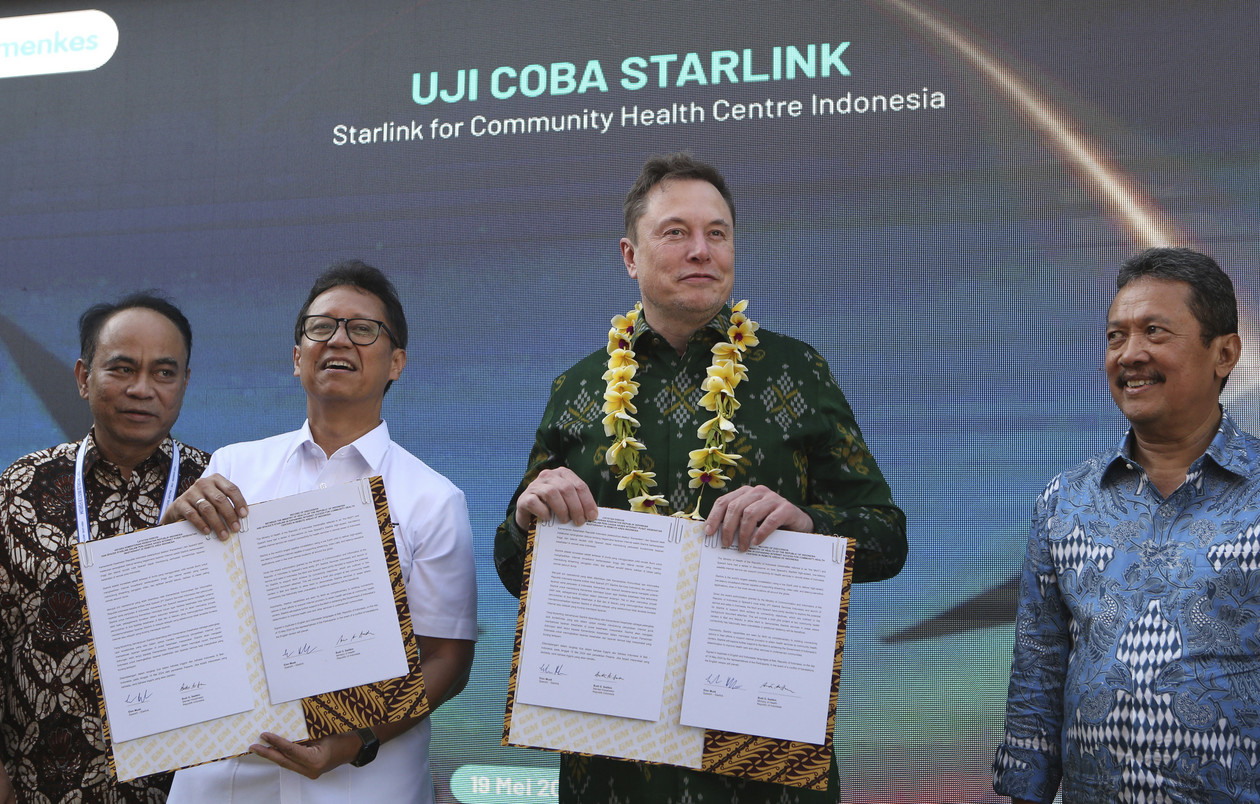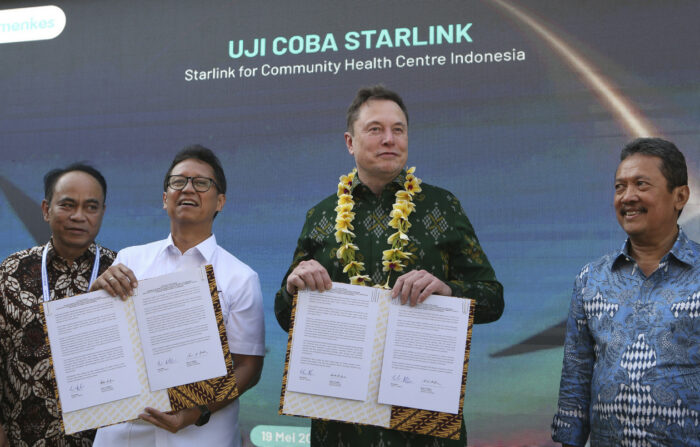The Kingdom of Saudi Arabia’s aspirations for venturing into space have been rising ever since its pioneering involvement as the inaugural Arab nation in the 1985 Discovery space flight. This deep-rooted fascination, ardently championed by the visionary ruler, King Salman, paved the way for the construction of formidable infrastructural marvels, including the prestigious King Abdulaziz City for Science and Technology (KACST) and the esteemed Saudi Space Commission, helmed by the illustrious Prince Sultan bin Salman. Under the meticulous oversight of KACST, the nation has successfully propelled 16 satellites into orbit, among them the cutting-edge Saudi Telecom satellite, “SGS1,” which took flight in 2019.
These efforts are part of Saudi Arabia’s broader Vision 2030 initiative aimed at diversifying the economy and enhancing the Kingdom’s standing in the rapidly growing global space sector. The space economy is expected to expand from around $630 billion currently to as much as $1.8 trillion by 2040, fueled by innovations in space-enabled technologies and applications across industries.
In a major boost to these ambitions, Saudi Arabia has now partnered with the World Economic Forum to launch the first global Centre for Space Futures in its capital Riyadh. The new center will join the Forum’s network of 19 centers focused on catalyzing the Fourth Industrial Revolution.
At a press conference unveiling the collaboration, leaders from the Saudi Space Agency and WEF highlighted the center’s mission to drive space sustainability, commercialization, and cross-sector engagement. It aims to facilitate crucial public-private dialogue, shape regulatory frameworks that foster space innovation, and ensure the responsible use of space resources and technologies.
“This is a historical moment and a remarkable day for us at the Saudi Space Agency,” said Dr. Muhammad Al-Tamimi, the agency’s CEO. “The center will fill key gaps by supporting collaborative cooperation between governments, private sector, academia and science.”
Jeremy Jurgens, Managing Director at WEF, emphasized the new center’s global scope and potential economic impact, stating: “We have the opportunity to grow the space economy from $630 billion to up to $1.8 trillion by 2035 — this triple-digit growth is unlocked by opportunities opened up through the space economy.”
The Centre for Space Futures represents Saudi Arabia’s firm commitment to become a leading international player in the space sector through strategic investments in space technology, research, education and sustainability initiatives. By fostering global collaboration, the new center could potentially reshape policies and governance models that will shape humanity’s future exploration and utilization of space.
Share this article:








